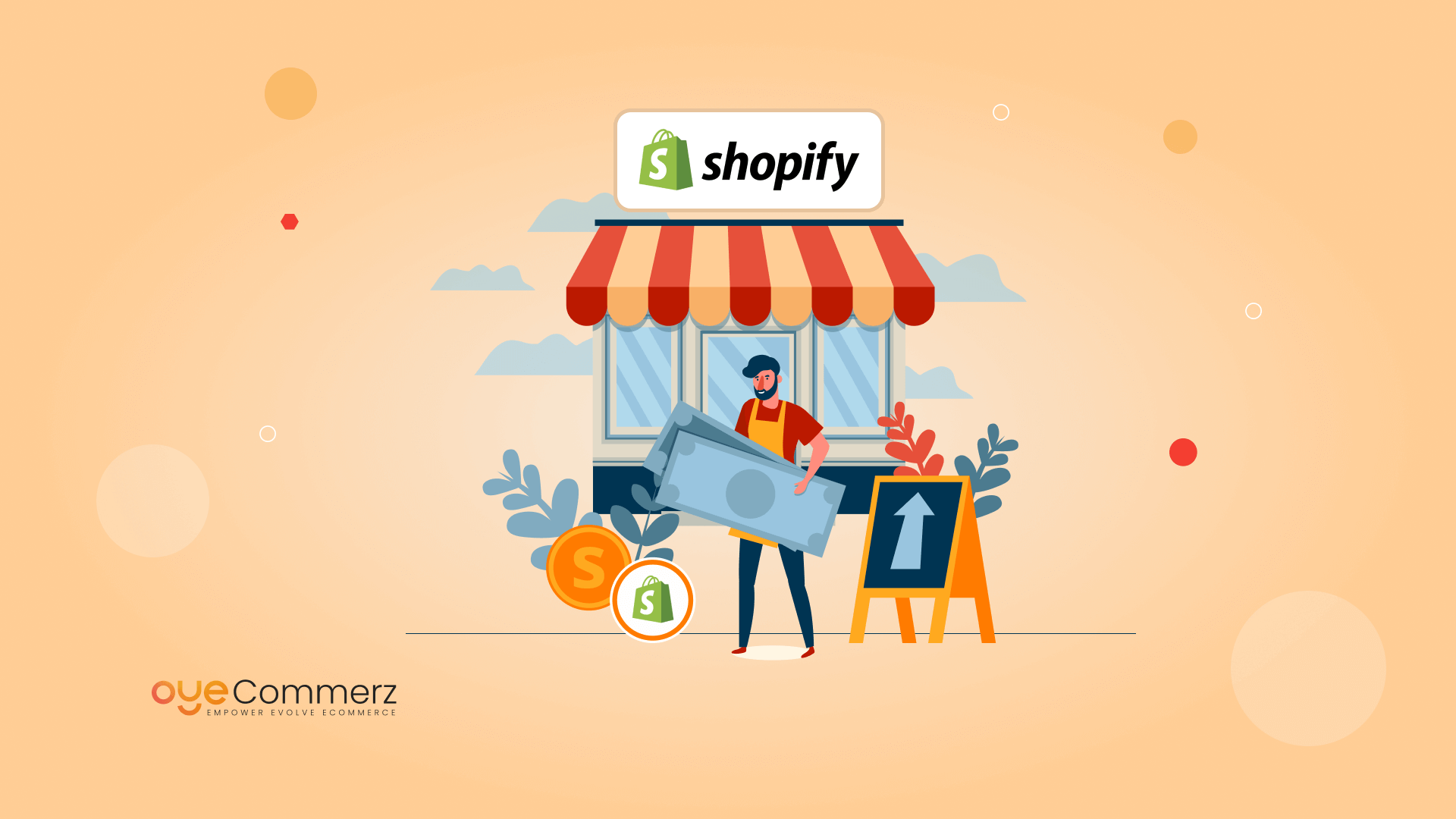Overview
In today’s cutthroat e-commerce landscape, differentiating is paramount, and a top method to differentiate a Shopify store is through tailored app development. A well-built Shopify app can boost store functionality, simplify processes, and elevate customer interaction. This article delves into key aspects of Shopify app development, from API integration to scaling strategies and digital marketing approaches, providing a roadmap for companies seeking unmatched store performance.
The Importance of Shopify API Integration
Shopify’s API provides powerful tools to customize and expand store functionalities. With the GraphQL and REST API options, developers can retrieve information to build applications that manage inventory control, order processing, and customer information management seamlessly. Using Shopify’s API can lead to better workflow automation and allows stores to serve customers more effectively.
Utilizing the Polaris Design System
Polaris is Shopify's design system for creating user-friendly and accessible Shopify apps. By adhering to Polaris principles, developers guarantee that apps seamlessly integrate within the Shopify Admin interface. This provides a cohesive look and feel that appeals to Shopify merchants, promoting usability and comfort for merchants using your custom app.
Navigating the Shopify App Ecosystem
The Shopify app ecosystem offers endless possibilities for enhancing e-commerce sites. From managing fulfillment processes to boosting customer interaction, apps in this environment are tailored to meet various business requirements. Familiarizing with this ecosystem assists developers in identifying unique app ideas and enables seamless integration of third-party services that enhance the store.
Building Embedded Shopify Apps
Embedded apps integrate directly within the Shopify Admin, allowing a seamless experience for merchants. They allow merchants don’t have to navigate away from their Shopify dashboard, simplifying their process. Employing Shopify App Bridge and embedded app capabilities is a best practice for providing a unified, well-integrated user environment.
Leveraging Node.js and React for Shopify Development
Node.js and React have become top options for Shopify app creation. This server-side framework enables efficient server-side applications, while React allows for dynamic, responsive front-end design. Together, they provide an strong platform for creating speedy, scalable Shopify apps that enhance store performance and customer engagement.
Webhooks in Shopify Apps
Webhooks allow real-time data synchronization between Shopify and an external app. They trigger events such as new orders or inventory updates and send instant notifications to your app. By implementing webhooks, apps can provide up-to-date information to store owners, simplifying processes and increasing efficiency.
Engaging Customers Through Digital Marketing for Shopify Apps
To ensure Shopify app success, engaging customers is key. Utilizing digital marketing strategies like SEO, email marketing, and social media campaigns can increase app usage. Additionally, creating applications with customer interaction as a focus (e.g., loyalty programs or personalized suggestions) boosts user loyalty and satisfaction.
Making Your Shopify App Scalable
As e-commerce stores expand, so do their technology requirements. Making sure Shopify Polaris system that your app can manage increased traffic, larger databases, and more complex functionalities is essential. By improving server capacity and implementing scalable solutions, you can create apps that expand in tandem with a store’s success.
Important Features and Maintenance Tips for Shopify Apps
For an app to be effective, it should include essential features like user authentication, analytics dashboard, and customer support options. Ongoing app maintenance, including updates to fix bugs and compatibility checks with new Shopify functionalities, is important to maintain uninterrupted performance and prevent disruptions to merchant workflows.
Summary
Custom Shopify app development holds vast potential for e-commerce businesses, offering the chance to enhance store functionality, streamline processes, and build customer relationships. From integrating APIs to focusing on scalability and customer engagement, building a Shopify app Node.js for Shopify requires thoughtful preparation and strategic execution. If you’re prepared to unlock your store’s full potential, a tailored Shopify application may be the perfect choice. What features do you envision for your dream application? Share your ideas and begin the journey to an optimized e-commerce experience!
